Local Master Project Scheduling Services
Have you ever baked a multi-layer cake? It’s not just about having all the ingredients; it’s about when and how you mix and bake each layer. Similarly, Master Project Scheduling is the recipe for a successful construction project. It’s a comprehensive plan that outlines every step, every task, and every milestone from start to finish.
What is Master Project Scheduling?
Master Project Scheduling is a critical project management tool that outlines the entire schedule of a construction project. It serves as a comprehensive timeline that details all key activities, milestones, and deadlines from the project’s start to its completion. The schedule is used to plan, coordinate, and track all aspects of the construction process, ensuring that every phase of the project, from design to execution, aligns with the established time frame. It allows project managers to anticipate resource needs, manage dependencies, avoid conflicts, and ensure the project progresses efficiently and effectively. Essentially, Master Project Scheduling is the roadmap that guides a construction project to a timely and successful delivery.
Why Construction Management is Key
Enhanced Efficiency
In the field of construction management, efficiency is not just a goal but a necessity. Detailed scheduling operates as the blueprint for the entire project’s operations, much like a finely tuned engine in a high-performance vehicle. It ensures that each task is sequenced logically and resources are deployed where they are needed, when they are needed, thus minimizing idle time and maximizing productive output. This systematic coordination of activities streamlines the workflow, effectively reducing the likelihood of bottlenecks and ensuring a smooth progression of the construction timeline.
Cost Savings
Financial stewardship is a cornerstone of successful construction project management. A detailed schedule is instrumental in forecasting project expenses and preventing the cascading impact of delays, often referred to as the domino effect. By anticipating and scheduling around potential disruptions, project managers can devise contingency plans to keep the project on budget. Proactive planning allows for the early procurement of materials at competitive prices and reduces the costly expenditures associated with expedited shipping or overtime labor when schedules are not adhered to.
Resource Optimization
The meticulous allocation of resources is a critical component that detailed scheduling addresses with precision. It involves the strategic deployment of the workforce, machinery, and materials, ensuring that each element of the project is utilized to its fullest potential, thereby eliminating waste. Resource optimization not only pertains to the tangible assets but also extends to intangible elements such as time and capital investment. By maximizing the efficiency of resource utilization, detailed scheduling ensures that the project’s financial and material investments yield the highest possible return.
The implementation of detailed scheduling within the scope of commercial construction management is a practice that significantly contributes to the project’s overall success. It encapsulates key operational facets such as task coordination, cost control, and resource management, each critical to navigating the complexities of construction projects. This level of meticulous planning is what distinguishes leading construction management practices, marking the difference between a project that meets its objectives and one that exceeds them.
Key Elements Of A Master Schedule
A master schedule in the construction domain is an elaborate framework that encapsulates various critical elements, each interlocking to form the comprehensive timeline of a project’s lifecycle.
Project Phases
The construction process is segmented into distinct phases, each representing a significant segment of the project timeline. These phases range from the preliminary groundwork and site preparation to the architectural design, actual construction work, interior finishing, and, finally, the grand opening. A master schedule delineates each of these phases, setting clear start and end dates, thereby providing a structured chronological roadmap for the project.
Established Milestones
Within the master schedule, milestones are the benchmarks that signal significant achievements and pivotal points within the project. These milestones are strategically placed to signify the completion of critical tasks, such as the finishing of foundational work, the topping out of the structure, and the completion of major installations. They serve as motivational checkpoints and are essential for evaluating project progress against the established timeline.
Task Dependencies
Construction projects are composed of numerous interconnected tasks, each with a dependency on the others. The master schedule meticulously outlines these dependencies, creating a cascading sequence of events where the initiation of one task is contingent upon the completion of its predecessor. This careful mapping of task interdependencies is crucial to maintaining the project’s continuity and ensuring that the workflow is uninterrupted.
The master schedule is the strategic blueprint that guides a construction project from its conceptual inception to its celebratory conclusion. It is a dynamic document that encompasses detailed planning of project phases, tracking progress through milestones, and managing the intricate web of task dependencies. It is a vital tool for project managers, enabling them to orchestrate the many facets of construction with precision, ensure on-time delivery, and uphold the highest standards of project execution.
Creating a Master Schedule: Our Process
The creation of a master schedule is an intricate process that forms the backbone of project management in the construction industry. It is not merely a task list but a comprehensive plan that guides the project to successful completion.
Strategic Initial Planning
The initial phase of crafting a master schedule involves exhaustive planning. This stage is critical, as it sets the direction for the entire project. Our team undertakes a thorough analysis of the project scope, identifies key deliverables, and establishes a timeline that aligns with the client’s objectives and project feasibility. We assess all the variables, including resource availability, budget constraints, and external factors such as weather conditions or regulatory requirements, to develop a robust project blueprint.
Collaborative Stakeholder Engagement
A hallmark of our process is the active inclusion of all stakeholders. Construction projects are multifaceted endeavors that require the input and coordination of various parties, from architects and engineers to contractors and suppliers. By fostering a collaborative environment, we ensure that each stakeholder’s expertise and insights are integrated into the master schedule. This inclusive approach not only enhances the schedule’s accuracy but also facilitates stakeholder buy-in and commitment to the project timeline.
Dynamic Refinement
The precision of a master schedule is not attained in a single drafting session. It is the product of continuous refinement. Our project managers dynamically adjust the schedule as the project progresses, incorporating real-time data and feedback. We meticulously fine-tune the schedule, making calculated adjustments to task durations, sequencing, and resource allocation to optimize the project’s efficiency and responsiveness to any arising challenges.
In deploying this comprehensive approach to master scheduling, we utilize advanced scheduling techniques and project management software to ensure that the schedule is not only precise but also adaptable. By maintaining a clear vision of the project’s critical path, we can proactively manage timelines and deliver a project that meets the quality and standards our clients expect.
Master Schedule vs. Daily Schedules
In the domain of construction project management, distinguishing between master and daily schedules is essential for operational excellence. The master schedule serves as the strategic compass, charting the project’s course over its entire duration. It is a high-level timeline that encapsulates all major milestones, phase completions, and critical path activities, providing a macro view of the project’s progress trajectory.
Conversely, daily schedules are tactical tools that translate the broad strokes of the master schedule into actionable, day-to-day tasks. They are granular schedules that detail specific activities to be accomplished by the construction team within each 24-hour cycle. This daily planning is crucial for site managers and teams to understand immediate priorities, allocate daily resources efficiently, and maintain the rhythm required to adhere to the master schedule’s larger timeline.
The integration of master and daily schedules is pivotal. The master schedule sets the target dates for project milestones and the sequence of operations, while daily schedules break down those broader tasks into manageable actions. Through meticulous construction scheduling, project managers can ensure that each day’s work aligns with the overarching project goals, maintaining consistency and coherence across all levels of the construction process.
By harmonizing long-term planning with short-term execution, these scheduling tools work in concert to facilitate project monitoring, allowing for swift identification and remediation of any variances from the planned course. This dual-scheduling approach ensures that the construction project stays on track toward its successful completion, with the master schedule as the guiding framework and daily schedules as the steps taken to achieve it.
Maintaining Momentum: Schedule Updates
In the dynamic environment of construction management, maintaining the momentum of a project is critical. Regular updates to the project schedule play a vital role in this regard, ensuring that the project remains on a trajectory towards timely completion.
Transparency Across the Board
Consistent updates provide a clear and current view of the project’s status, fostering an environment of transparency. This transparency is crucial, as it keeps all stakeholders, from on-site construction teams to investors and clients, fully informed about the progress and any adjustments in the timeline. It enables an open dialogue, where expectations are managed, and accountability is maintained, thus reinforcing trust in the project management process.
Flexibility in Project Execution
The construction process is inherently subject to a variety of influencing factors, from unexpected weather conditions to shifts in resource availability. Regular schedule updates allow for a degree of flexibility and adaptability, enabling the project management team to recalibrate and realign activities in response to these changes. This adaptability is key to absorbing shocks and maintaining the pace of construction activities, ensuring that the project adapts to the evolving conditions without significant disruptions.
Schedule updates serve not only as a report of progress but as a strategic tool for ongoing project management. They allow the team to make informed decisions and, if necessary, initiate corrective measures promptly. By keeping the schedule aligned with the project’s rhythm, project managers can effectively navigate through complexities and steer the project towards its successful and timely completion.
Your Next Steps
As you’re about to start your building project, it’s crucial to have a detailed master schedule. This detailed plan is key—it’ll lead every step of your project with accuracy and careful planning. Get in touch with us, and we’ll work with you to create a specialized plan that handles the tricky parts of construction timing. We’ll make sure it fits your project’s specific needs and gets you ready for a successful construction outcome.
Frequently Asked Questions
Why is a Master Schedule important for my construction project?
It keeps the project on track, ensuring timely completion and optimal use of resources.
Can the Master Schedule change once the project starts?
Yes, it's a dynamic document that can be adjusted as the project evolves.
How often should a Master Schedule be updated?
Regularly, to reflect progress, changes, and new information.
What's the difference between a Master Schedule and a project plan?
A project plan outlines the what and why, while a Master Schedule focuses on the when.








